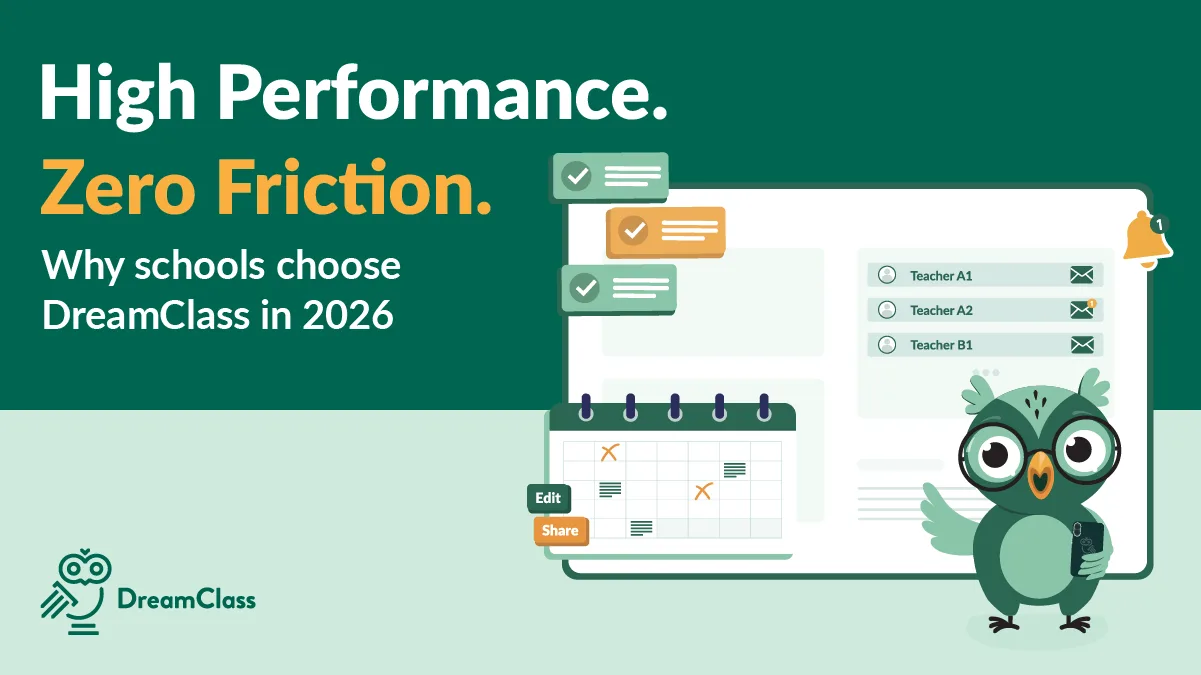
As the educational landscape rapidly evolves, school administrators, founders, and edtech leaders must stay ahead of the curve. In 2025, school management software is no longer just a support tool—it is the digital backbone of efficient, data-driven, and inclusive education. Whether you’re leading a private K–12 school, launching a micro-school, or scaling a hybrid learning institution, understanding these forward-thinking trends is not just useful—it’s essential.
What Are the Key Trends in School Management Software for 2025?
- AI-Powered Personalization
Artificial Intelligence (AI) is tailoring learning experiences to individual student needs. Solutions like DreamBox and Century Tech deliver adaptive lessons, helping students progress at their own pace. This not only supports inclusivity but also maximizes academic achievement. - Cloud-Based Platforms for Flexibility
Cloud-based school management systems allow remote access, lower IT overhead, and boost continuity. Especially for multi-campus institutions or micro-schools, the cloud model ensures scalability and disaster resilience. - Integrated Communication Ecosystems
Unified communication tools built into SMS platforms streamline parent-teacher interactions and real-time announcements. As a result, they foster transparency and engagement. - Advanced Data Analytics
Data dashboards now offer deep insights into attendance, performance, behavior, and teacher effectiveness. This empowers administrators to make fast, evidence-based decisions. - Mobile-First Accessibility
With increasing smartphone use, SMS platforms are becoming mobile-native. This ensures students, teachers, and parents stay connected on the go.
Why Is School Management Software Important in Today’s Schools?
Effective classroom management is fundamental to a productive learning environment. It minimizes behavioral disruptions, encourages student engagement, and creates psychological safety. In other words, it allows teachers to focus more on instruction and less on conflict resolution.
What Are the Emerging Classroom Management Tools for 2025?
In 2025, new classroom management tools are redefining how educators engage students:
- Edcafe AI: Combines multiple AI features to help teachers create lesson content quickly and efficiently.
- ClassPoint: Embeds interactive teaching into PowerPoint presentations, enabling live feedback and participation.
- ClassDojo: Builds a shared space for students, parents, and teachers, enhancing classroom culture.
These tools are not just tech add-ons—they are transforming classrooms into collaborative, data-informed environments.
How Is the Philosophy Behind School Management Software Changing?
Classroom management philosophies are undergoing a major shift. In the past, control and compliance were central. Today, the trend favors student agency, relationship-building, and inclusivity.
For instance, many educators now adopt trauma-informed practices or restorative justice approaches. These methods recognize the individual experiences of students while maintaining high expectations and mutual respect.
Popular Classroom Management Apps Used in 2025?
The most effective classroom management apps now integrate ease-of-use with pedagogical value. Leading examples include:
- ClassDojo: Reinforces positive behavior and communication.
- Seesaw: Lets students showcase and reflect on their learning.
- Remind: Delivers instant updates and assignments.
- Google Classroom: Simplifies grading, feedback, and assignment distribution.
Together, these apps support consistency, transparency, and personalized learning experiences.
What Should Administrators Do to Stay Ahead?
School leaders should:
- Regularly audit their current school management software.
- Invest in training for staff on emerging tools.
- Align software selection with their school’s educational philosophy and community needs.
By proactively embracing change, administrators will not only improve outcomes but also build trust across their ecosystem.
To that end, we’ve compiled a list of things to check, to help you out!
Final Thoughts
The digital transformation in education is accelerating. Tools like school management software, emerging classroom management apps, and evolving classroom management philosophies are not trends—they’re the future. For administrators that are already ready to adapt, the payoff will be improved engagement, streamlined operations, and better outcomes across the board.
FAQ
Frequently Asked Questions
What features should we look for in a modern school management software?
Look for potential AI integration, data reporting, mobile accessibility, cloud hosting, and communication tools.
Are cloud-based school systems secure?
Yes. Leading platforms offer encryption and secure data storage and management practices.
How do classroom management apps impact student behavior?
They help reinforce positive habits, streamline routines, and give students a sense of accountability and belonging.



